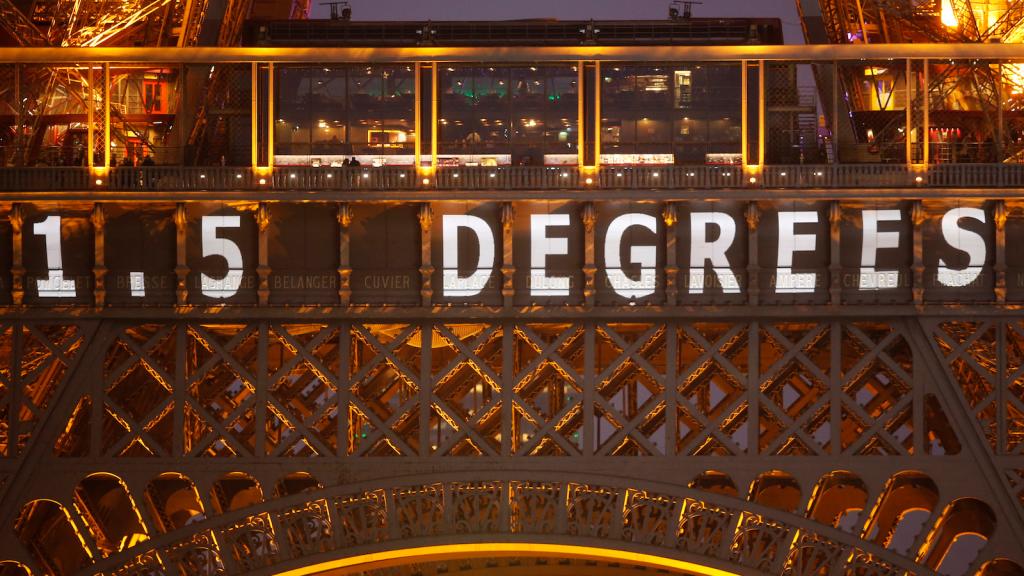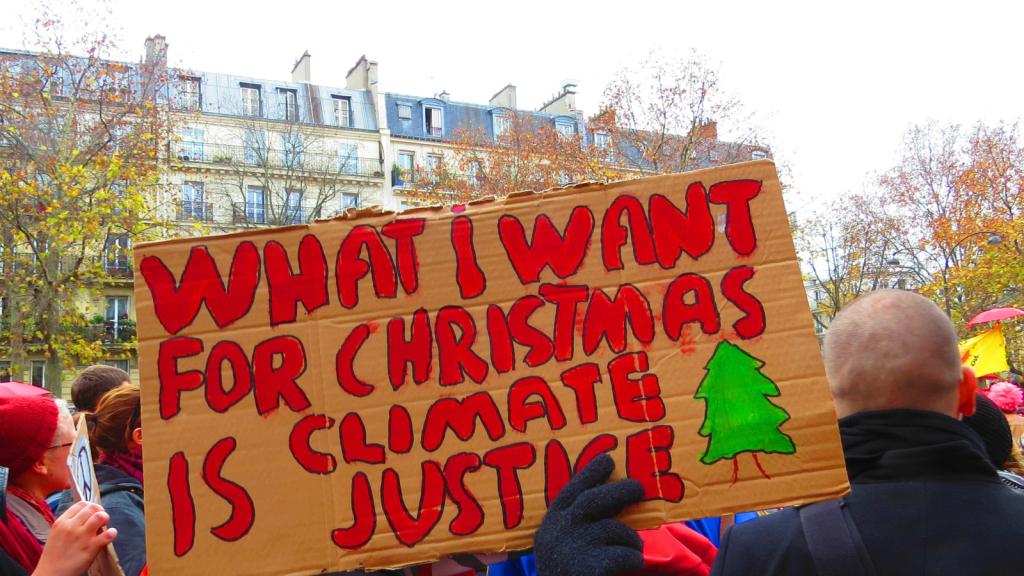Trees ended up with a pretty good deal from the Paris Agreement, especially considering they don’t speak any of the six official U.N. languages. Forests were at the center of several official and unofficial events over the course of the climate talks, and this focus ended up reflected in the text itself — surprising many veteran observers of the negotiations.
While the Kyoto Protocol allowed countries to count changes in land use and forestry practices as contributions toward their greenhouse gas–cutting commitments, it did not create or endorse any specific method for doing so, and it didn’t go out of its way to incentivize reductions in deforestation. The new agreement, on the other hand, explicitly endorses a U.N.-sanctioned program called Reducing Emissions from Deforestation and Forest Degradation. Known as REDD+ — the “+” is for “conservation, sustainable management of forests, and enhancement of forest carbon stocks” — the program is effectively a carbon market for trees.
Under REDD+, countries and private companies can fund deforestation-reduction efforts in developing countries, often in exchange for carbon credits or similar offsets. The Paris Agreement also encourages forest-protection payments to flow through systems like the Green Climate Fund. While REDD+ has been on the U.N.’s radar for years — the official program was launched in 2008 — it has never received political endorsement until now. An entire article of the Paris Agreement is devoted to conserving and enhancing “sinks and reservoirs of greenhouse gases.” (It would be too easy to call them trees.)
Still, many forest advocates and indigenous rights campaigners aren’t sold on REDD+. They’re suspicious of a market-based system that allows developed countries or corporations to continue to pollute. Additionally, these opponents argue, the REDD+ system often disregards indigenous peoples’ sovereignty and land rights.
The Paris Agreement “promises to privatize, commodify and sell forested lands as carbon offsets in fraudulent schemes such as REDD+ projects,” argues one of these critics, human rights attorney and Indigenous Environmental Network counsel Alberto Saldamando. “These offset schemes provide a financial laundering mechanism for developed countries to launder their carbon pollution on the backs of the global south.”
Instead, some advocacy groups and countries (notably Bolivia) have traditionally argued for better enforcement of existing forest-protection laws, for policies that help curb deforestation by giving indigenous groups legal rights to their land, and for the acknowledgement of the roles that forests can play in helping communities adapt to climate change — not just prevent it. (Because these arguments take place at U.N. negotiations like the Paris climate talks, there is, of course, a requisite wonky name for this approach: joint mitigation and adaptation, or JMA.) By focusing on these approaches, they argue, countries can help reduce deforestation rates while promoting indigenous and community rights.
But these advocates got something out of the Paris Agreement, too. The text also refers to JMA, calling it an “alternative policy approach” and encouraging countries to “implement and support” it alongside offset schemes. Its inclusion is good news for those opposed to market mechanisms, even if they didn’t manage to get rid of REDD+.
Of course, the devil will be in the details of implementation, but striking a balance between the two approaches could become a reality for many developing countries — and one that few would have expected at the beginning of the talks.



